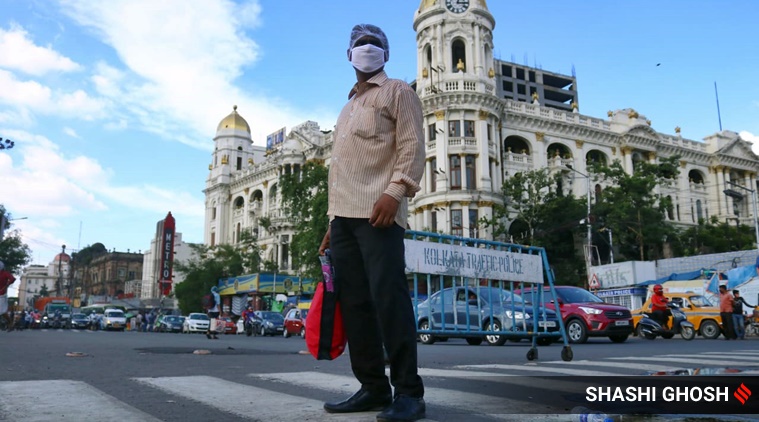
[ad_1]
 States including West Bengal, Assam and Bihar have announced full or partial lockdowns to contain the spread of the virus
States including West Bengal, Assam and Bihar have announced full or partial lockdowns to contain the spread of the virus
Coronavirus India News Live Updates: Recent studies suggest that those recovering from COVID-19 may have antibodies for only a few months, a signal that long-term immunity is difficult to achieve, but several scientists dispel the gloom and say it is too soon to determine if such individuals can contract the disease again.
Some special cells of the immune system may still offer protection against the disease, the scientists said as questions swirl on whether people who have recovered from COVID-19 can get it again — even those whose antibodies dwindle progressively as the days and weeks pass.
It is too soon to say whether people with lowered levels of novel coronavirus-blocking antibody levels (nAbs) after recovery are at risk of contracting the COVID-19 disease on re-exposure to the virus, Vineeta Bal, an immunologist from the Indian Institute of Science, Education and Research in Pune, told PTI.
Coronavirus vaccine: The progress made so far by Moderna, Oxford University
In the hunt for a vaccine against Covid-19, encouraging news emerged about two candidates on Wednesday. The New England Journal of Medicine published an interim analysis describing an immune response generated in participants of phase I clinical trials for a candidate vaccine, developed by US-based biotech company Moderna. Meanwhile, ITV reported that there could be positive news, possibly by Thursday, on initial trials of another candidate vaccine, from the University of Oxford.
What are these two candidates?
Moderna was the first company to begin a human trial for a candidate vaccine against Covid-19. Called mRNA-1273, the vaccine went into phase I trials on March 16. The vaccine uses mRNA technology, which involves injecting genetic instructions to human cells for creating proteins to fight the virus. The details of the phase I trial come two weeks before Moderna begins phase III on July 27.
Oxford University has developed its candidate vaccine, ChAdOx1 nCoV-19, in partnership with global biopharmaceutical firm AstraZeneca. It delivers a SARS-CoV-2 protein to induce an immune response. The vaccine has already gone into phase III trials, but the results of phase I are yet to be announced.
[ad_2]
Source link